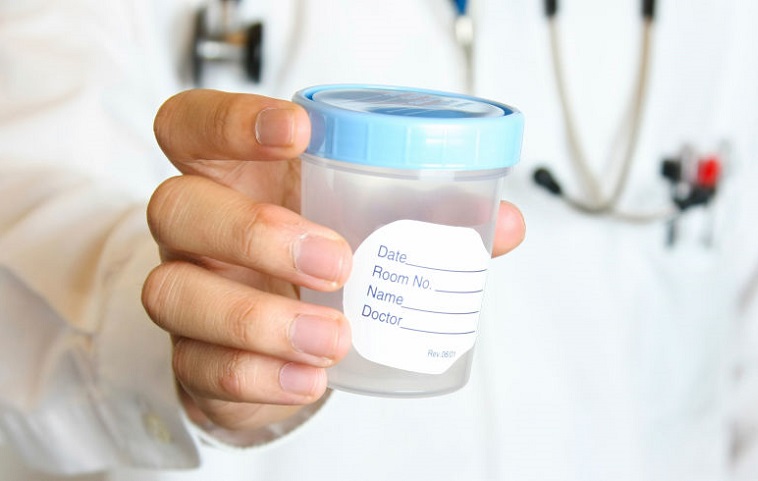Is tea and coffee harmful in IVF treatment?
Is tea and coffee harmful in IVF treatment?

Is tea and coffee harmful in IVF treatment?
IVF treatment is the most successful assisted reproductive system method used for couples who cannot have children naturally. The chance of success in IVF treatment is quite high. Despite the fact that the success rate is up to 75% and pregnancy can be achieved from the first three attempts, this is a very positive thing, but the effectiveness of IVF treatment is not one hundred percent, as is the case with any assisted reproductive method. For this reason, it is very important for couples to increase the likelihood of success and to avoid any behavior that may negatively affect treatment.
What factors influence the success of IVF treatment?
There are many factors that influence the success of IVF treatment. The most important of these factors are the age of the mother, the quality of the reproductive cells, the chosen IVF center and equipment.
There are factors that the couple should also pay attention to. For example; if the mother-to-be who starts treatment is overweight, she should lose weight before starting IVF treatment so as not to adversely affect the treatment. Because being overweight affects ovulation function, it can negatively impact IVF treatment success rates. The future father should refrain from bad habits such as alcohol and smoking during treatment, avoid wearing very tight underwear, avoid stress, support the expectant mother as much as possible and pay attention to her nutrition like a mother. Besides:
- Pay attention to the diet of the expectant mother; Nutrients such as vitamins, minerals and protein must be taken daily.
- Expectant mother and father must stop smoking and drinking alcohol at least 3 months before starting treatment. Smoking and alcohol can reduce the quality of the reproductive cells of both the expectant mother and the future father.
- It is very important for the expectant mother to avoid stress, start treatment with motivation and think positively. Due to the fact that stress hormones are very close to reproductive hormones, it has been scientifically proven that stress reduces the effectiveness of IVF treatment.
- The father-to-be should not exercise excessively. Excessive exercise can negatively affect sperm motility and count.
- During treatment, the expectant mother should refrain from coffee, tea and acidic drinks.
Is drinking coffee and tea harmful in IVF treatment?
Coffee and tea contain caffeine. Caffeine may decrease the success rate of IVF treatment. However, at this stage, the expectant mother does not need to completely abandon coffee and tea. It is enough to reduce tea and coffee during the day to a minimum. Drink tea pure and, if possible, with lemon, coffee can be consumed decaffeinated or with milk for a maximum of two cups. Excessive coffee consumption is not recommended for IVF treatment as it is detrimental to overall health. For this reason, it should be consumed in acceptable amounts throughout the day.
Similarly, drinking too much tea can lead to low levels of iron in the body. For this reason, expectant mothers undergoing IVF treatment are advised to minimize tea intake and drink pure tea and lemon juice. However, it is important for mothers-to-be to stay away from acidic and caffeinated drinks such as colas and sodas. Although such drinks result in unnecessary calorie intake, they are unhealthy drinks. For expectant mothers who have undergone IVF treatment, it is very important to monitor their diet, eat healthy and have an ideal weight. Thus, both the resistance of the organism and the success rates of IVF treatment will be preserved.



